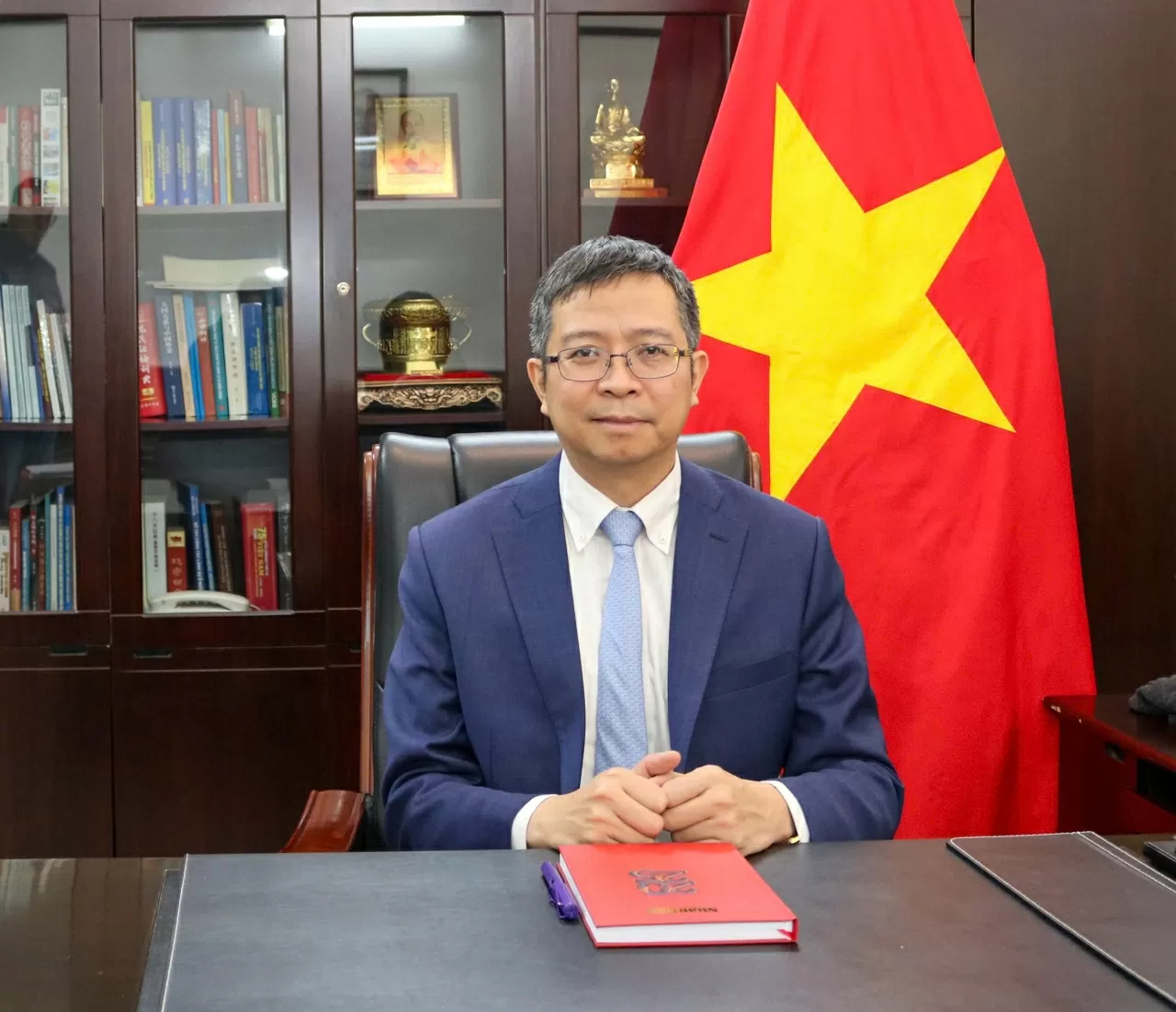 |
| Vietnamese Ambassador to China Pham Thanh Binh. (Source: Vietnamese Embassy in China) |
Vietnamese Ambassador to China Pham Thanh Binh shared with The World and Vietnam Newspaper the priority task of implementing the Embassy's economic diplomacy to bring Vietnamese agricultural products to the Chinese market.
Could the Ambassador inform us about some of Vietnam's key agricultural products being exported to the Chinese market, and their outstanding advantages to compete in the billion-people market?
China is one of the largest markets for Vietnamese agricultural products. Up to now, Vietnam has officially exported many agricultural products to the Chinese market, including 15 fruit and vegetable products such as watermelon, mangosteen, black jelly, durian, banana, sweet potato, chili, passion fruit, dragon fruit, rambutan, mango, lychee, longan, jackfruit and fresh coconut.
In 2024, the export turnover of Vietnam's main fruit products to China all achieved remarkable results. In particular, the market share of Vietnamese fruits and vegetables increased from 3rd to 2nd place in China - after Thailand. The export turnover of Vietnamese fruits and vegetables to China reached 4.6 billion USD, an increase of 27.3% over the same period in 2023 and accounted for about 70% of all fruit and vegetable export markets of Vietnam.
In terms of exported fruits and vegetables, durian tops the list with a turnover of about 3 billion USD, an increase of more than 1 billion USD compared to 2023. Although it has only been officially exported to China for more than two years, durian has become the most important commodity with an export value accounting for nearly half of the total export turnover of the whole industry. In second place is dragon fruit with 435 million USD, followed by bananas, mangoes, jackfruit, coconuts, watermelons, etc.
Vietnamese fruit products exported to China have initially established their own image, brand and unique flavor, which have been well received and appreciated by Chinese consumers and the market. For example, Vietnamese durian has a characteristic golden yellow color, aromatic and rich flavor, thick flesh, and flat seeds; rambutan has a sweet and sour taste and is juicy, seedless; dragon fruit has a sweet and refreshing taste, rich in nutrients; lychee has the characteristics of "large fruit, red skin, small seeds, thick flesh"...
In addition, thanks to the advantage of being a neighboring country with a border with China, having nearly 20 pairs of border gates for direct trade of goods, having a large trading market near the border, along with Free Trade Agreements (FTAs) such as the Regional Comprehensive Economic Partnership (RCEP) and the China-ASEAN Free Trade Agreement (ACFTA), Vietnamese quality fruit products are exported to China with quick customs clearance time, low transportation costs, reaching Chinese consumers while still ensuring freshness, deliciousness and cleanliness.
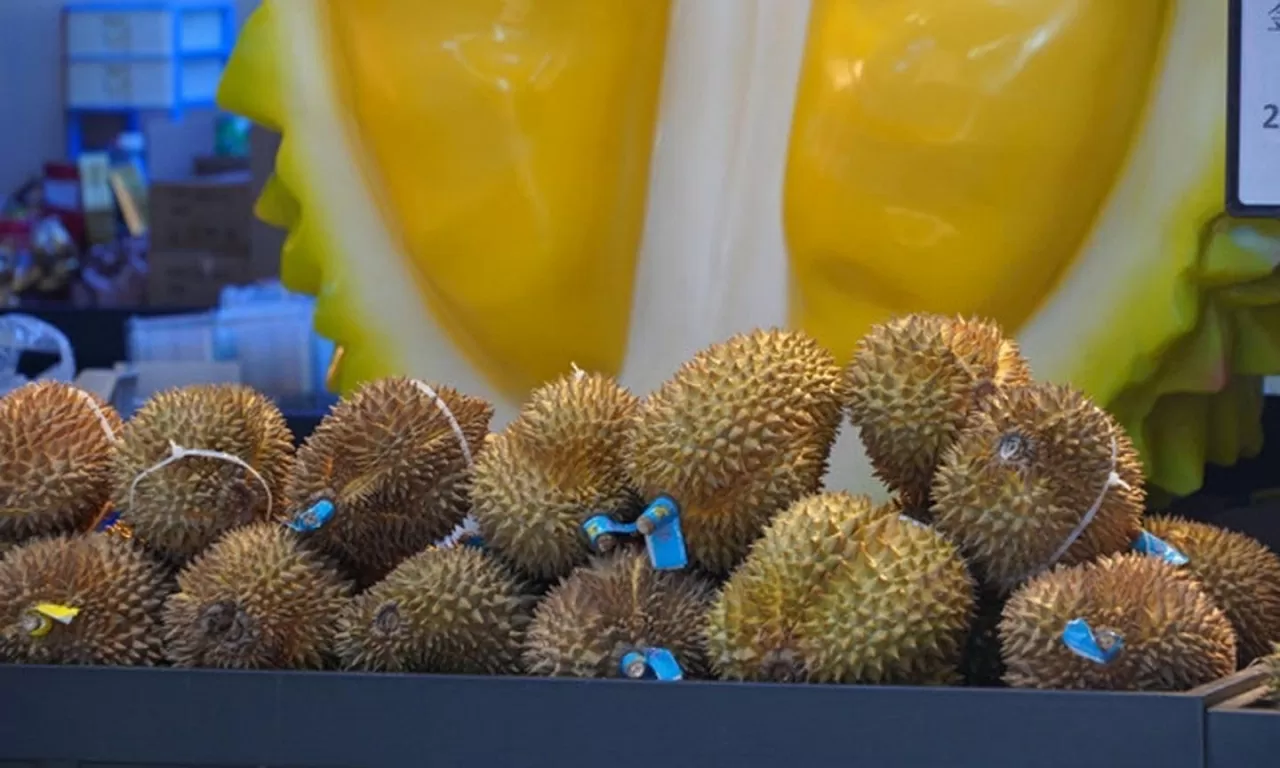 |
| Vietnamese durian is sold at Tan Phat Dia market, Beijing, China. (Source: VNA) |
Earlier this year, some Vietnamese agricultural products exported to the Chinese market encountered difficulties and obstacles, especially durian. What measures has the Embassy implemented to remove difficulties in exporting agricultural products, as well as what plans does it have to promote Vietnamese products in the host country?
After durian, one of Vietnam's key agricultural products, encountered some difficulties and obstacles in the export process, the Vietnamese Embassy in China closely coordinated with the Ministry of Agriculture and Environment to prepare for a working trip led by Minister of Agriculture and Environment Do Duc Duy to work with the General Administration of Customs of China.
The two sides agreed on a number of issues related to removing difficulties in agricultural import and export between the two countries, including: strengthening cooperation in the field of trade and opening markets for each other's agricultural, forestry and fishery products, coordinating to remove obstacles in exporting durian and lychee from Vietnam to China, speeding up the process of signing protocols on agricultural, forestry and fishery product exports, and agreeing to establish a "green agricultural channel" mechanism to prioritize fast customs clearance at border gates for fresh fruit products during the peak harvest season.
In addition, on May 21, the General Administration of Customs of China approved an additional 960 codes for Vietnamese durian, including 829 growing area codes and 131 packing facility codes. To date, Vietnam has had 1,396 growing area codes and 188 durian packing facilities recognized by China to ensure export conditions. This is considered a positive signal for official export activities in the coming time, and at the same time an opportunity to increase the export output of this fruit in 2025.
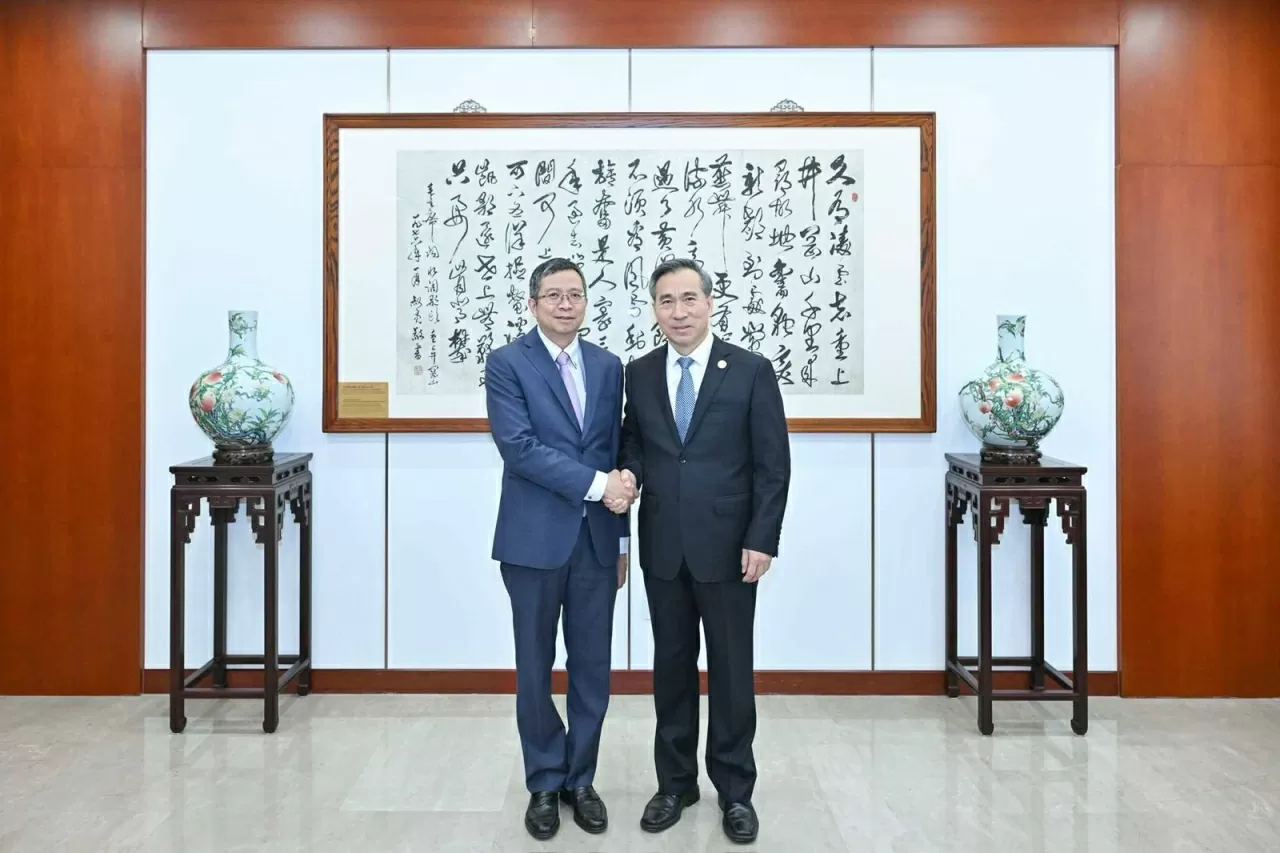 |
| On April 25, Vietnamese Ambassador to China Pham Thanh Binh worked with Chairman of the China Council for the Promotion of International Trade (CCPIT) Ren Hongbin; asking CCPIT to continue to coordinate and create conditions for Vietnamese ministries, branches, localities, associations and enterprises to carry out exchange activities, connect businesses and promote trade in China. |
Over the past time, the Embassy has always identified accompanying and actively supporting domestic ministries, branches and enterprises to remove obstacles in agricultural exports as a priority task. Specific tasks that the Embassy has actively implemented include: promoting the completion of negotiations and signing of Protocols on bird's nest, passion fruit, rice bran, chili, continuing to promote Protocols on wild-caught aquatic products and medicinal herbs of plant origin; continuing to open the market for citrus fruits, especially lemons and grapefruits; registering nearly 1,000 new codes for growing areas and packaging facilities for durian as well as some other agricultural products; working with the General Administration of Customs of China to promote the resolution of obstacles related to the extension of enterprise export codes and growing area codes; coordinating with Chinese and Vietnamese agencies to promote the facilitation of customs clearance activities at border gates, especially for agricultural, forestry and fishery products.
In the coming period, the Embassy will continue to effectively implement tasks to bring Vietnamese agricultural products into the billion-people market. Firstly , maintain communication channels, exchange and share information with relevant Chinese agencies, especially the General Administration of Customs of China, to regularly update information and new policies for ministries, agencies, associations and enterprises of Vietnam to promptly make adjustments to suit the requirements of exporting to the Chinese market.
Second, actively coordinate with domestic agencies to promote market opening, urge China to facilitate customs clearance for Vietnamese products, and closely coordinate with domestic agencies to remove difficulties in exporting Vietnamese agricultural products, especially durian to China.
Third , maintain close and effective cooperation with local authorities, organizations, economic-trade associations and enterprises of China, thereby combining promotional activities and introducing some key agricultural products of Vietnam such as durian, dragon fruit, mango, lychee, rambutan, fresh coconut... to Chinese consumers.
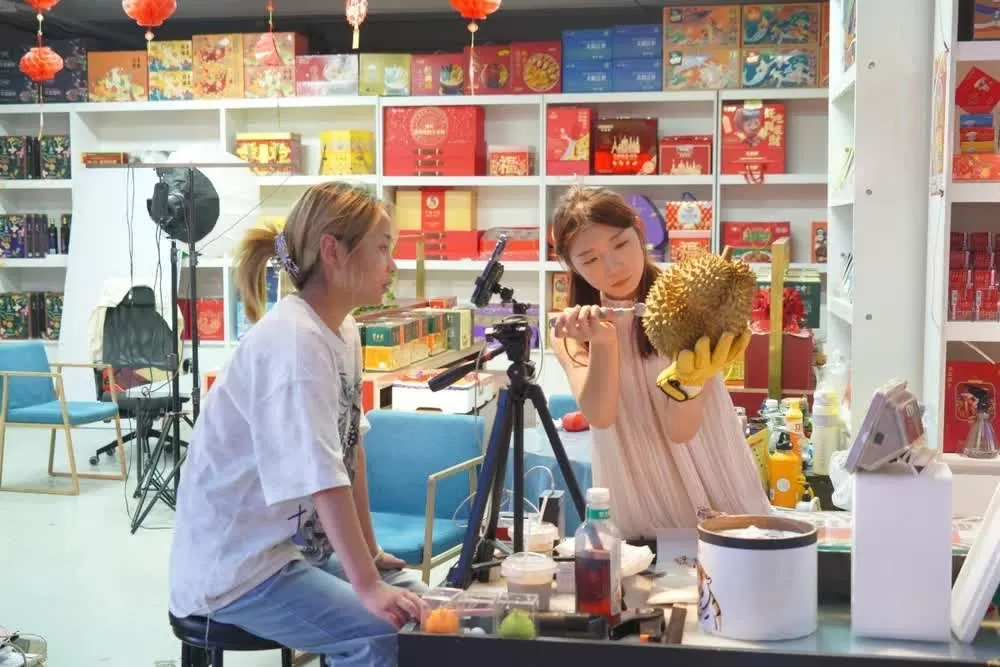 |
| Livestreaming durian sales in China. (Source: VNA) |
In the coming time, how should Vietnam take advantage of RCEP to create a breakthrough for exporting Vietnamese goods to the Chinese market?
In 2025, Vietnam aims to maintain an export turnover of 454 billion USD with an average growth rate of 12%/year, of which agricultural exports are targeted to reach about 70 billion USD.
To achieve this goal, I believe that Vietnam needs to continue to strengthen cooperation to promote the introduction of high-end agricultural products into the Chinese market in the following specific aspects:
Firstly, continue to effectively implement the common perceptions of the high-ranking leaders of the two Parties and two countries on promoting balanced development of bilateral trade. Promote the role of RCEP to bring Vietnamese fruit products to the Chinese market. Effectively implement agricultural cooperation mechanisms between the two sides, including the annual ministerial-level meeting mechanism between the Ministry of Agriculture and Environment of Vietnam and the General Administration of Customs of China.
Second , continue to implement measures to facilitate agricultural trade, promote the effectiveness of 28 Memorandums of Understanding/Protocols on export and import of agricultural, forestry and fishery products between the two countries, and soon establish "green agricultural product channels" so that high-quality agricultural products that meet technical standards can be exported smoothly to the Chinese market.
Third , improve customs clearance efficiency at border gates, openings, and border market pairs, reduce customs clearance pressure, increase working hours at border gates during the crop season (including weekends and after office hours) to limit the situation of agricultural export products being congested during peak crop seasons; establish an early warning mechanism, share information about violating shipments so that the Vietnamese side can proactively and promptly remedy them; establish a permanent technical contact point between the two sides at border gates, in order to promptly coordinate in handling arising situations.
Fourth , promote trade promotion activities, propaganda, and promote Vietnamese goods brands in China through many flexible forms such as connecting trade, organizing agricultural weeks, Vietnamese goods fairs, promoting direct and online promotion at major wholesale markets and Chinese e-commerce platforms for Vietnamese fruit products.
It is expected that on June 18, in Nanning City, Guangxi Zhuang Autonomous Region, the “ASEAN Fruit Festival in Guangxi” will take place. This will be a good opportunity for ASEAN enterprises in general and Vietnamese enterprises in particular to participate in promoting and introducing Vietnam’s key fruit products to Chinese consumers.
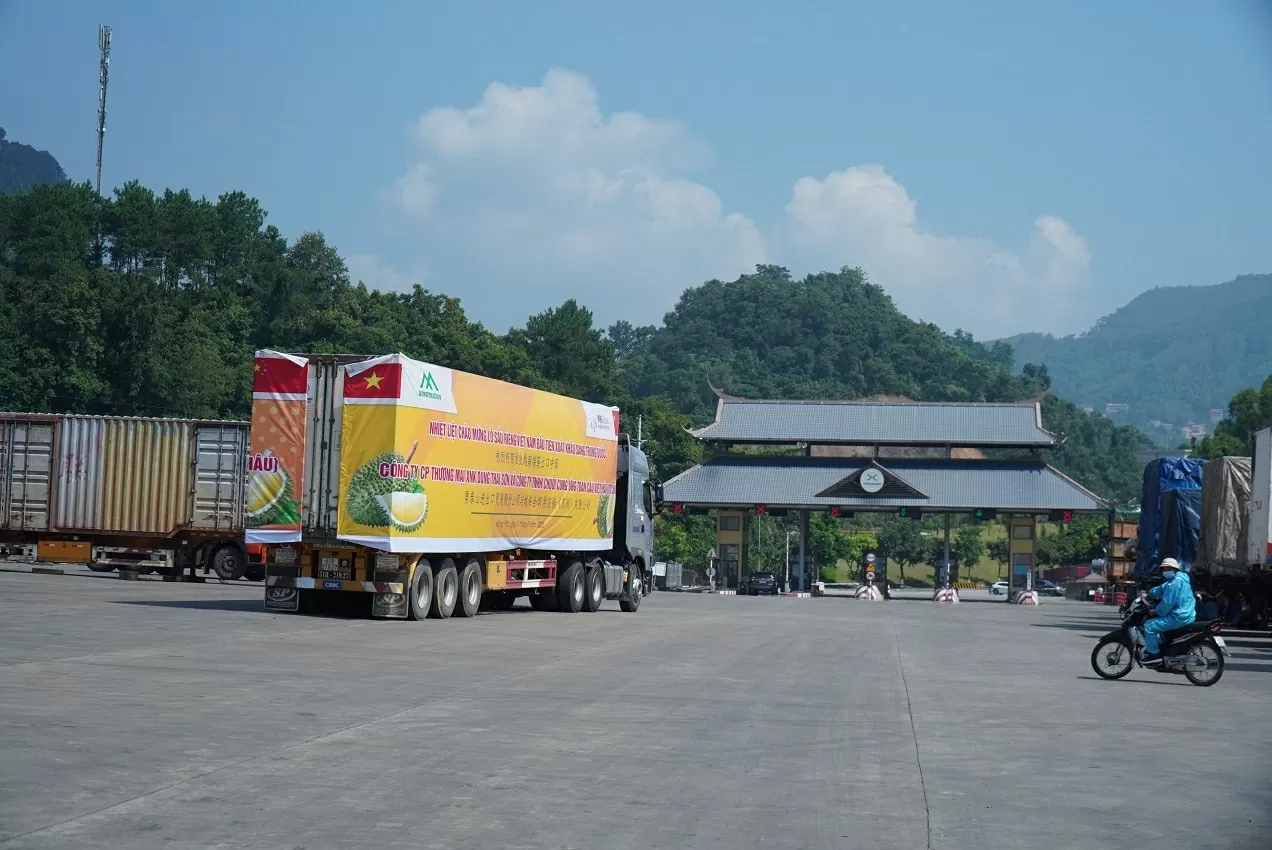 |
| Vietnamese durian trucks prepare to pass through Huu Nghi Quan border gate (China) to complete import procedures. (Source: Thanh Nien) |
What does the Ambassador think about the role of Vietnamese representative agencies abroad in implementing economic diplomacy in the context of the country entering a new era?
In the context of our country entering a new era - the era of national development as it is today, Vietnamese representative agencies abroad are considered a key force in implementing economic diplomacy, and at the same time are the "extended arm" of the country on the foreign economic front.
General Secretary To Lam affirmed that foreign affairs tasks are important, regular and comprehensive. Ambassadors are not only bridges but also people who truly implement the Party and State's policies and take the lead on the foreign affairs front.
In the spirit of the direction of General Secretary To Lam, I believe that Vietnamese representative agencies abroad can promote their roles and strengths in economic diplomacy in the following aspects:
Firstly , increase the intertwining of interests, contributing to making economic cooperation the focus of foreign affairs activities, especially high-level foreign affairs. Promote the role of cooperation mechanisms with the host country, actively concretize the agreements and cooperation programs that the two sides have signed, ensure effective and substantive implementation, and promptly resolve arising problems.
Second, effectively promote the role of "eyes and ears" in the locality, be proactive, sensitive, in-depth, closely follow and timely in researching and advising on the local economic situation, major development trends and local policy adjustments in the fields of trade, investment, tourism, scientific and technological cooperation, innovation, effectively serving the country's major development strategies.
Third , actively accompany, coordinate and support ministries, branches, localities and enterprises to expand and improve the effectiveness of foreign economic promotion activities with the host country. Take advantage of exhibitions, fairs and trade-investment promotion conferences in the host country to promote and introduce potential products and services to partners; at the same time, provide domestic information about foreign markets and enterprises to expand the network of partnerships and increase cooperation opportunities between the two countries.
Fourth , support businesses when doing business abroad through a number of specific activities such as guidance, legal support, rights protection, providing early warning information, answering questions, supporting the removal of difficulties and problems... arising during the process of learning and doing business in the area.
I believe that with their efforts, determination, and professional expertise, the representative agencies will certainly do well in economic diplomacy to serve the country's development, actively contribute to attracting external resources, and contribute to the country's rapid and sustainable development.
Thank you very much Ambassador!
| "In the context of our country entering a new era - the era of national development as it is today, Vietnamese representative agencies abroad are considered a key force in implementing economic diplomacy, and at the same time are the "extended arm" of the country on the foreign economic front." (Ambassador Pham Thanh Binh) |
Source: https://baoquocte.vn/dai-su-pham-thanh-binh-canh-tay-noi-dai-dua-nong-san-viet-nam-sang-thi-truong-ty-dan-316641.html






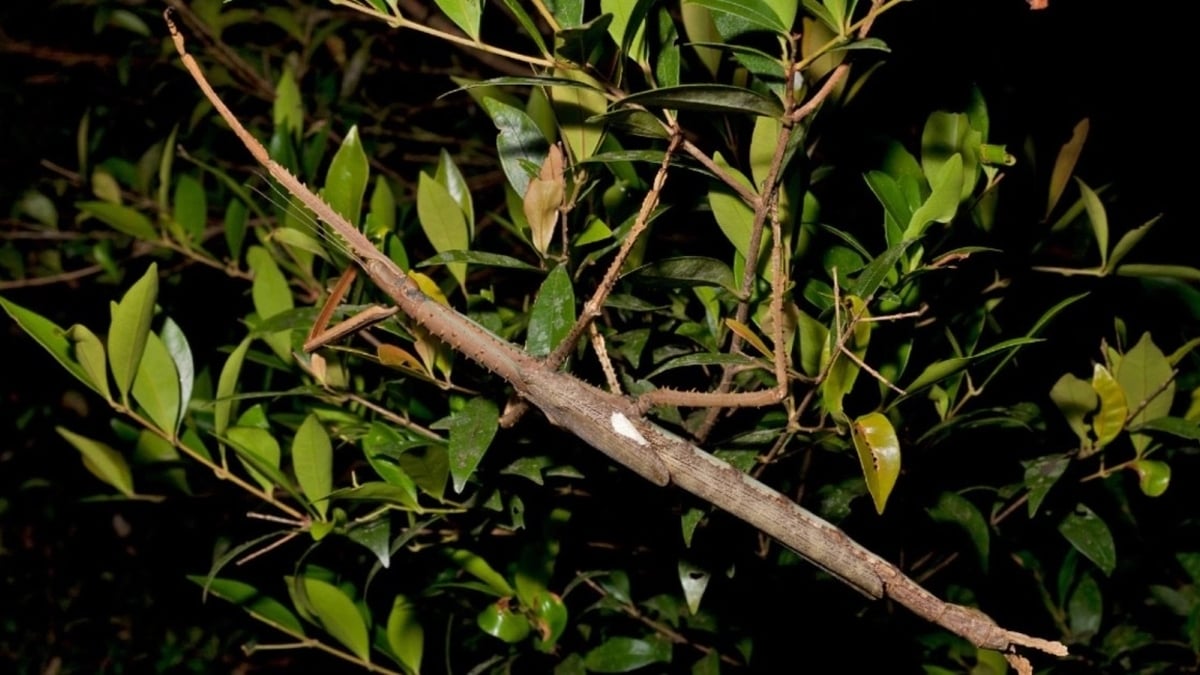
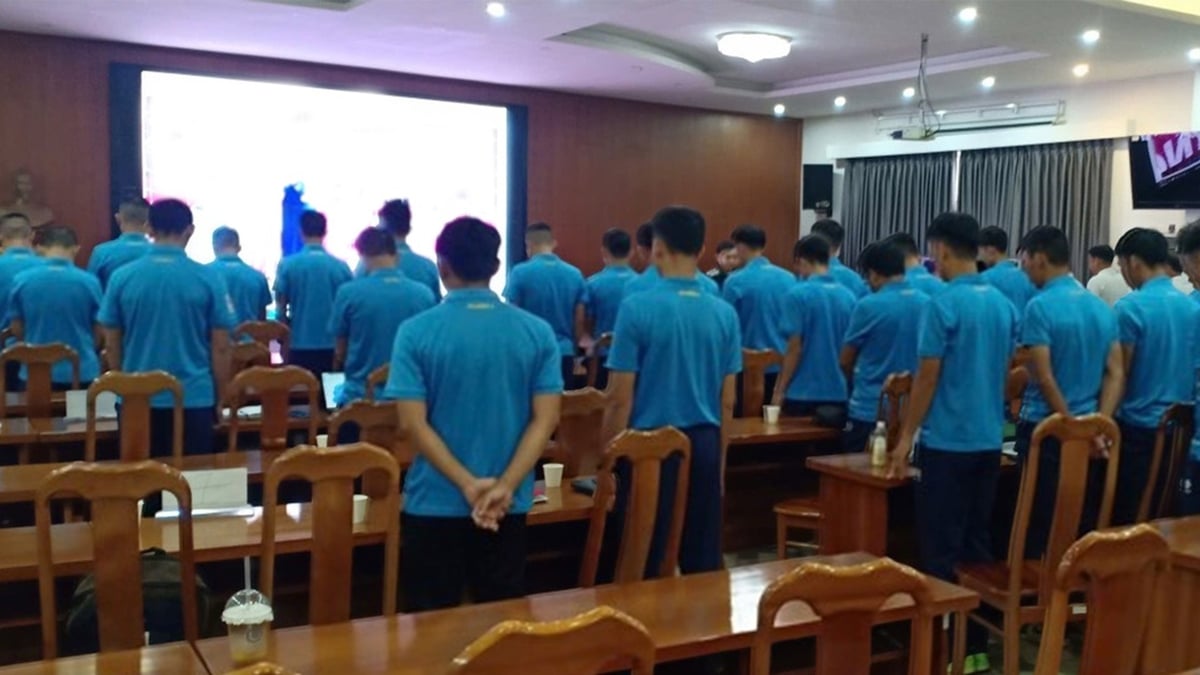

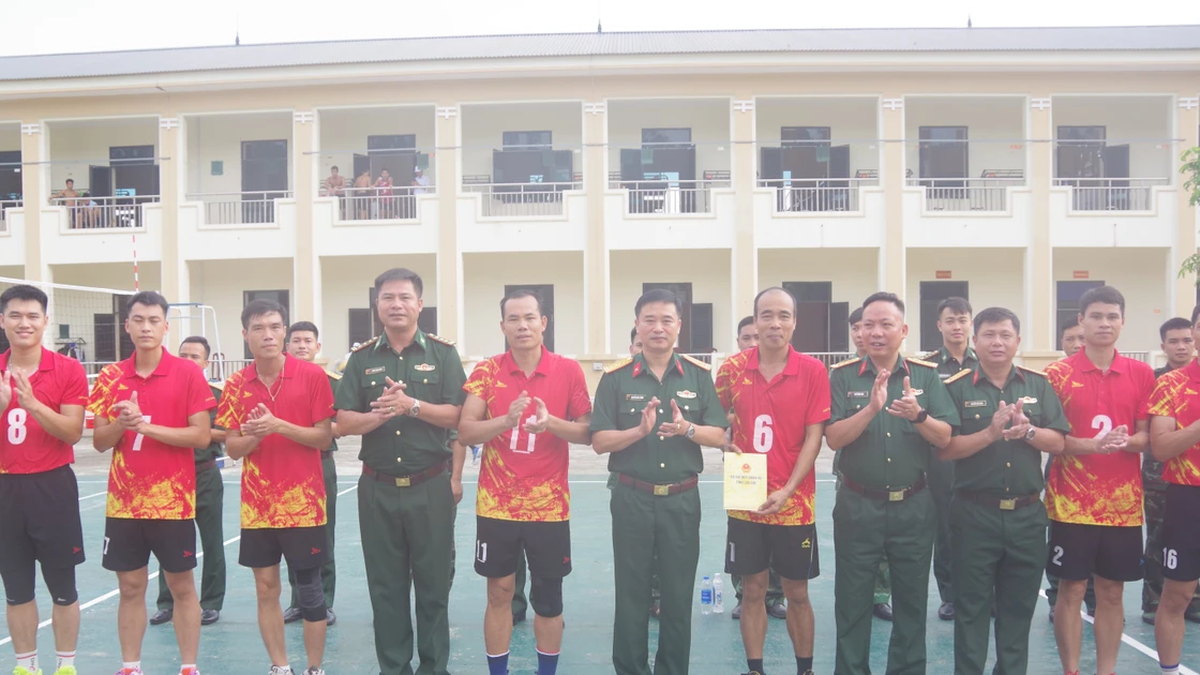
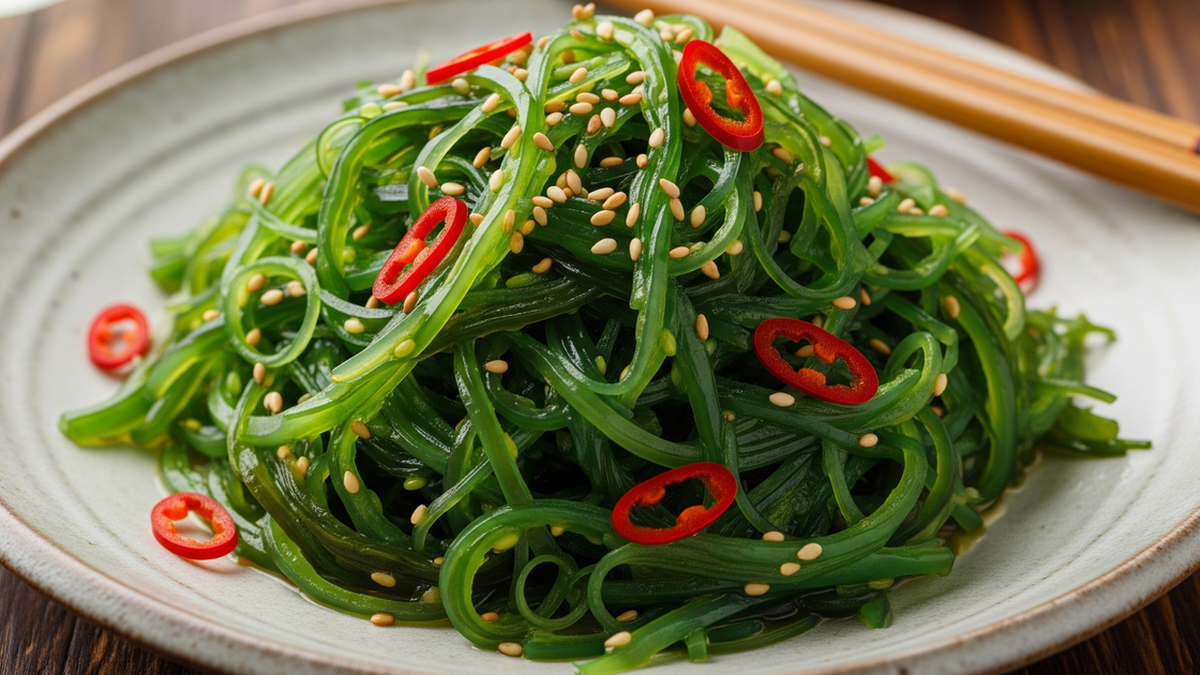
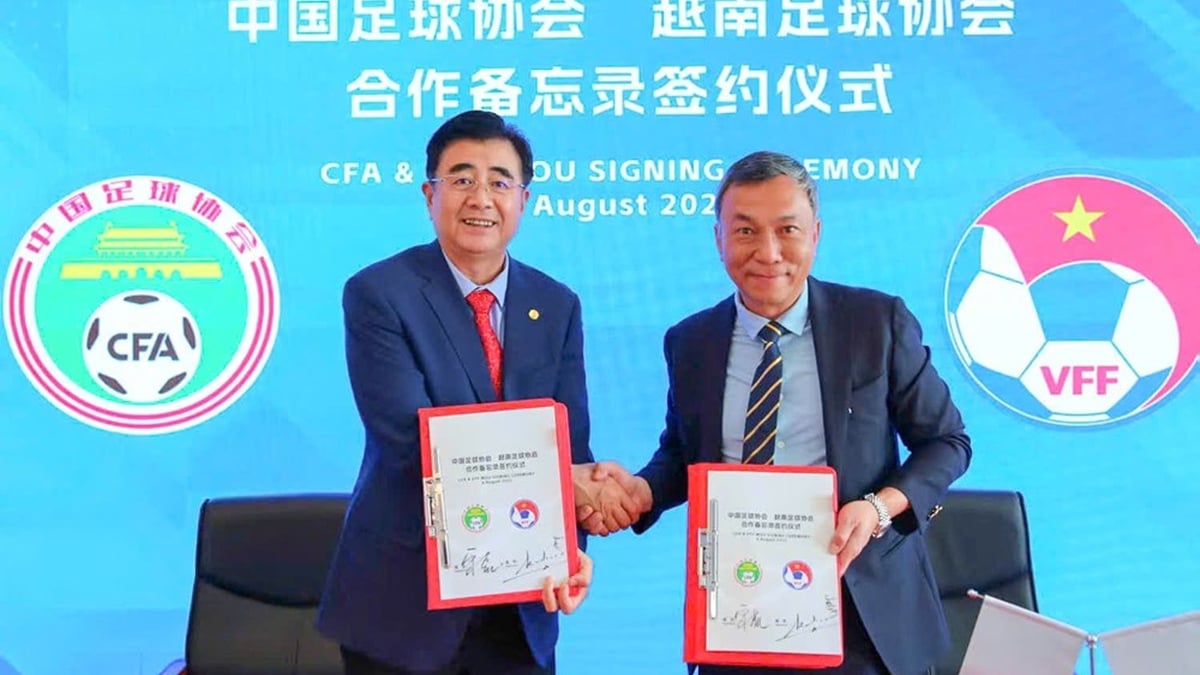



















![[Photo] Nghe An: Provincial Road 543D seriously eroded due to floods](https://vphoto.vietnam.vn/thumb/1200x675/vietnam/resource/IMAGE/2025/8/5/5759d3837c26428799f6d929fa274493)
























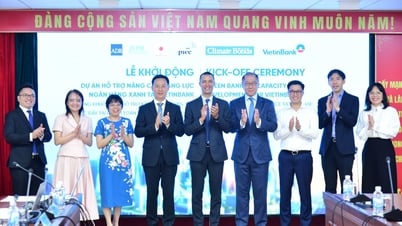




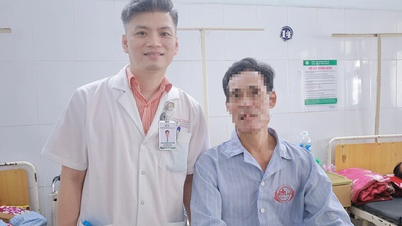
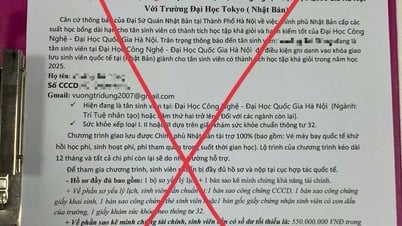
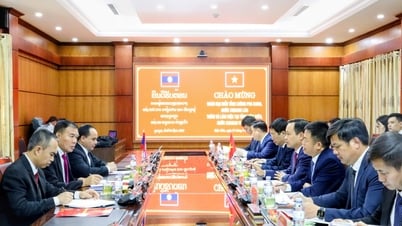


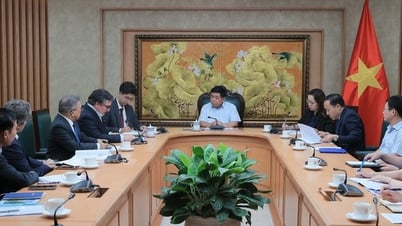


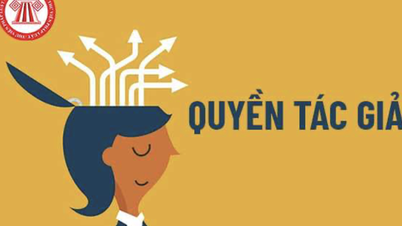




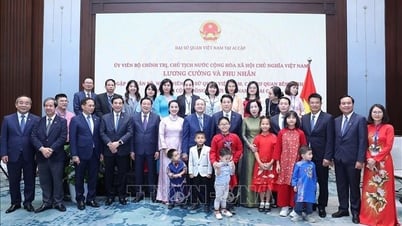

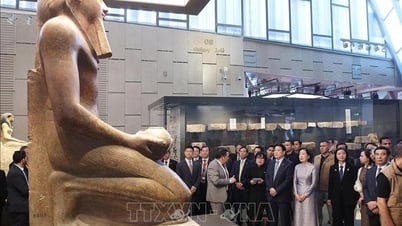
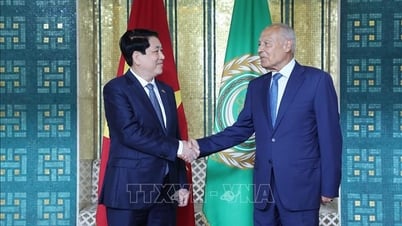





















Comment (0)